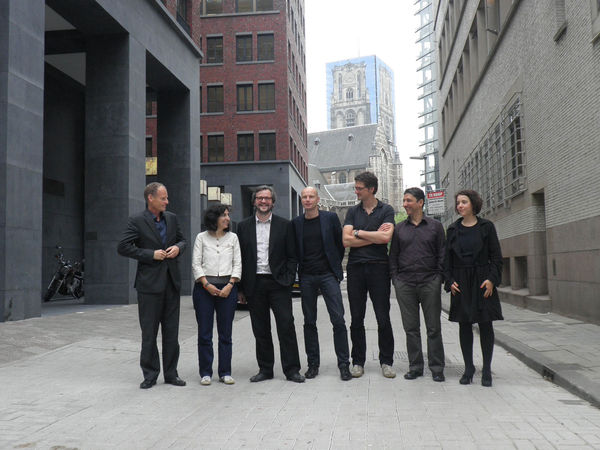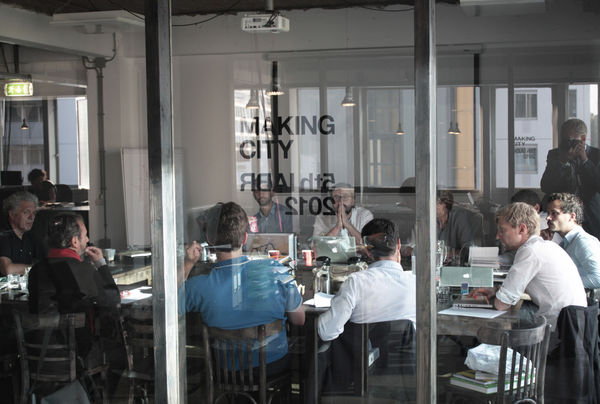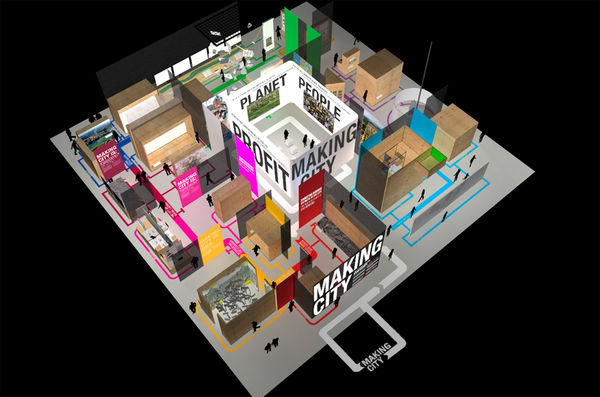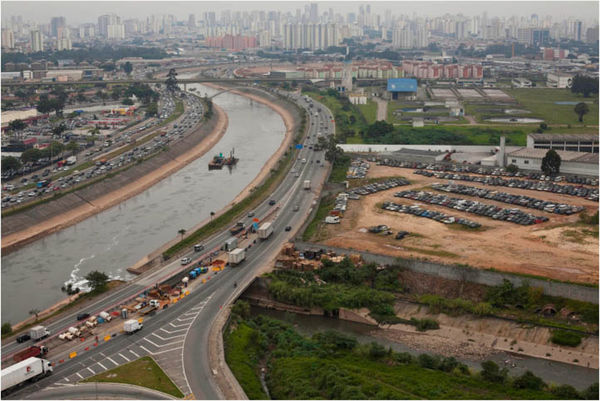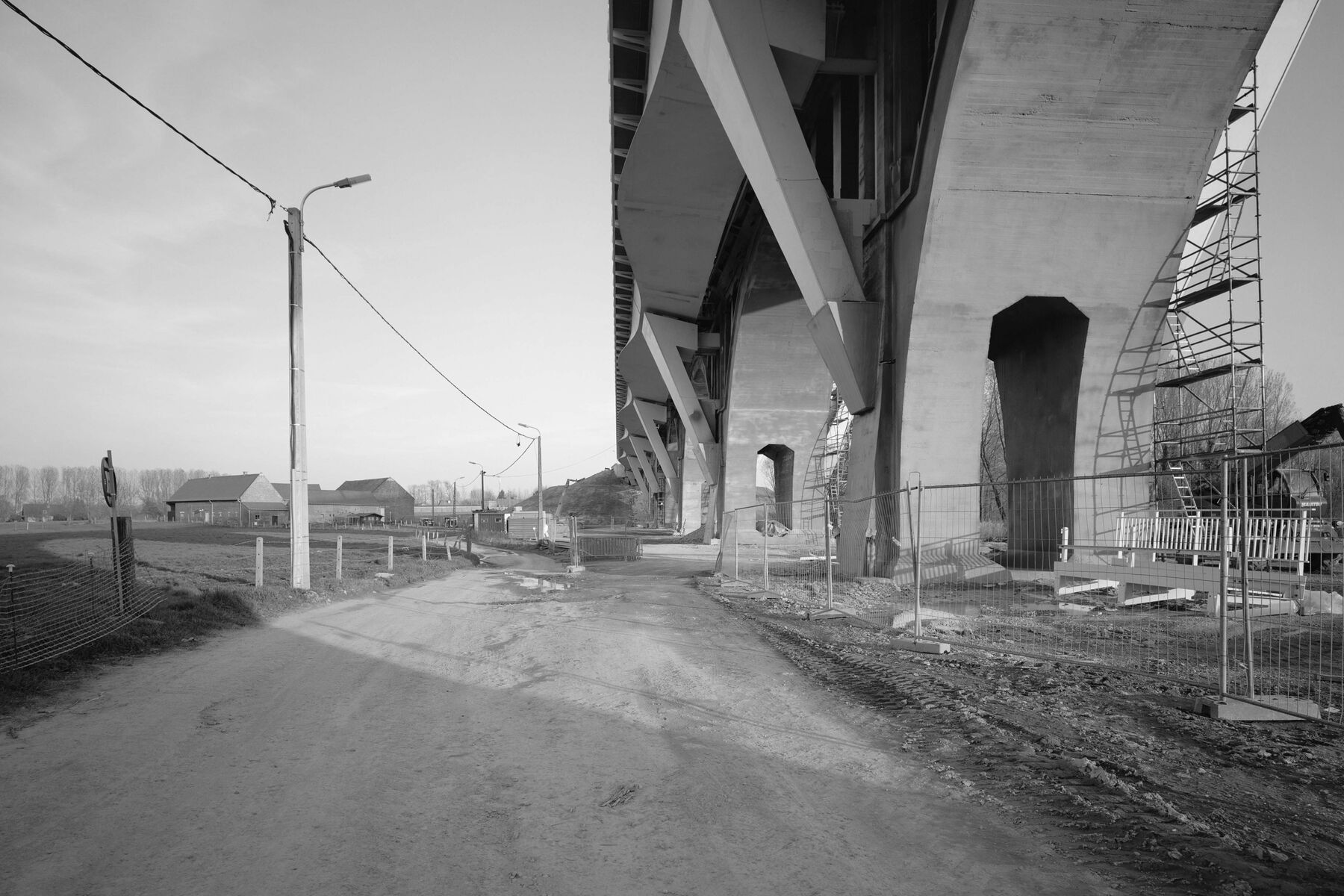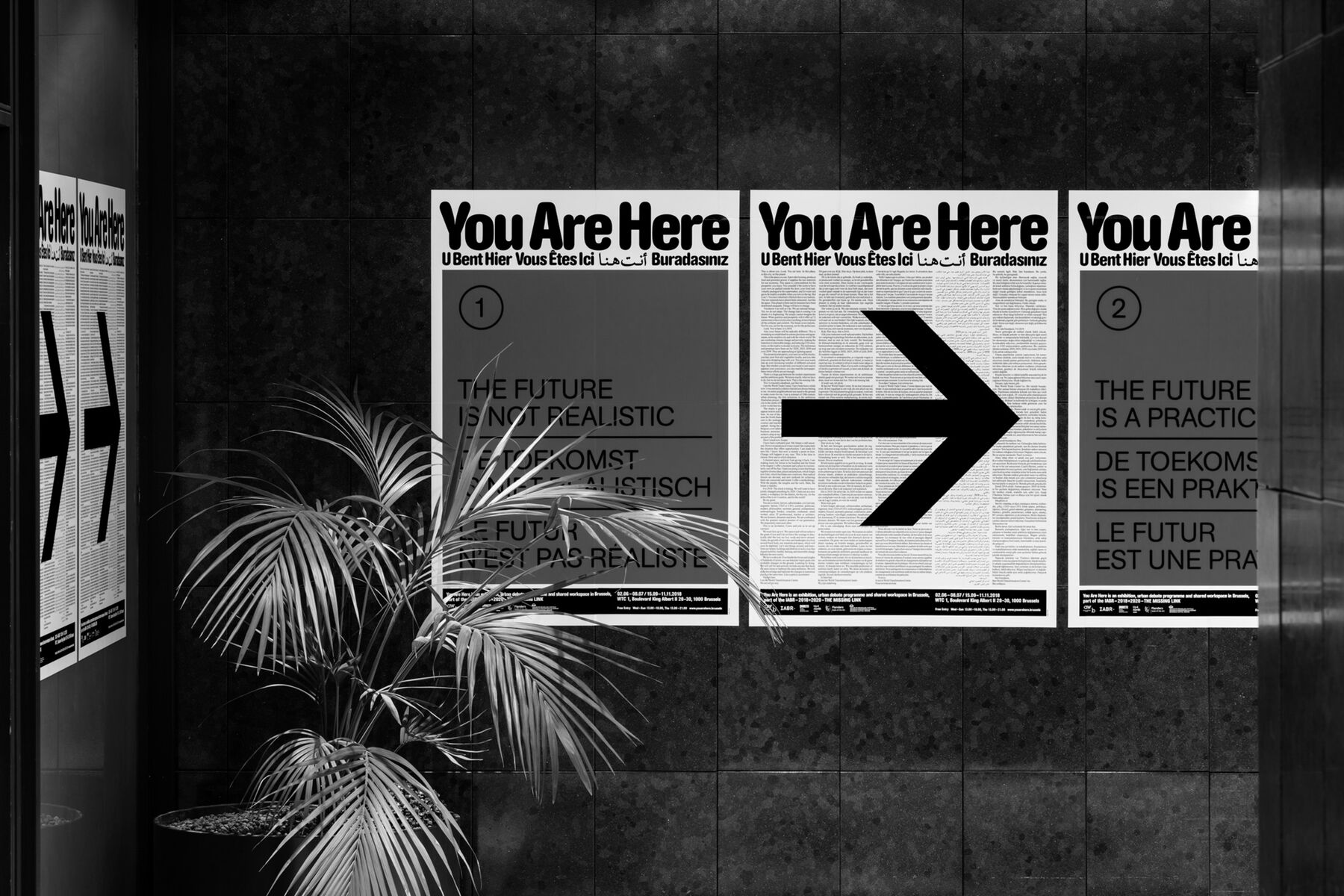The 5th International Architecture Biennale Rotterdam (IABR) was based on the premise that mass, worldwide urbanisation forces us to think differently about the way we manage, plan and design cities. Joachim Declerck from Architecture Workroom Brussels was part of the curator team.
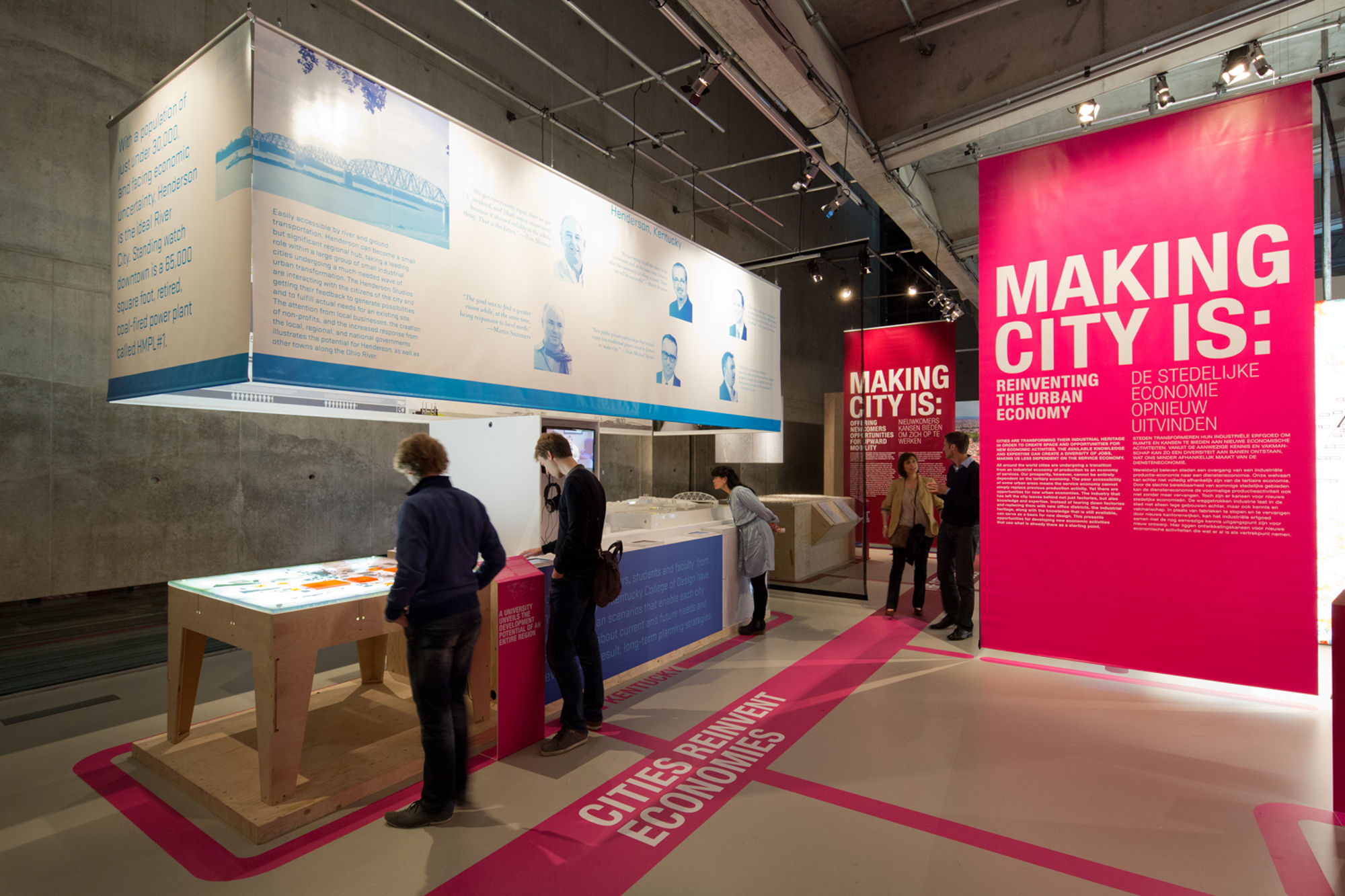
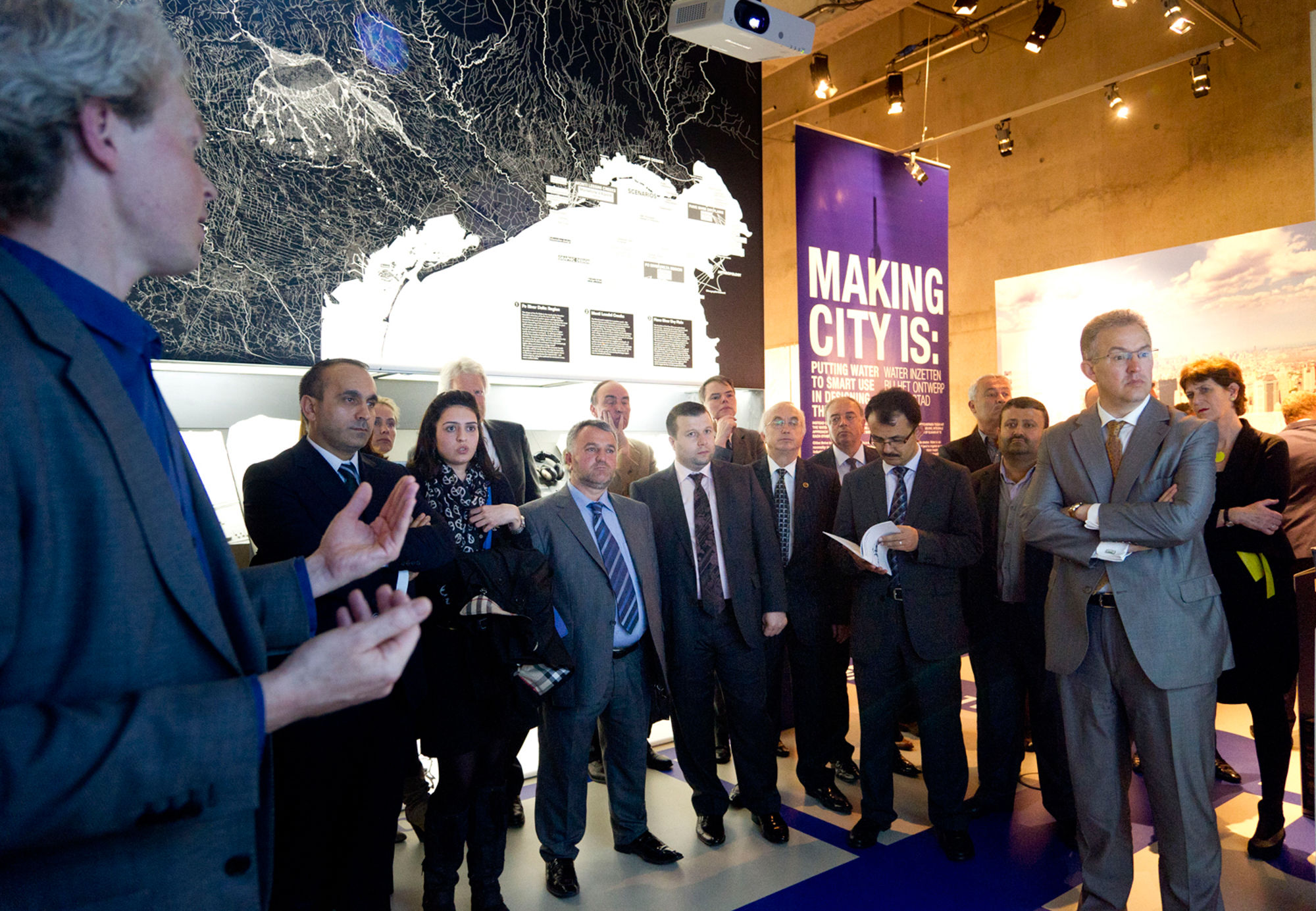
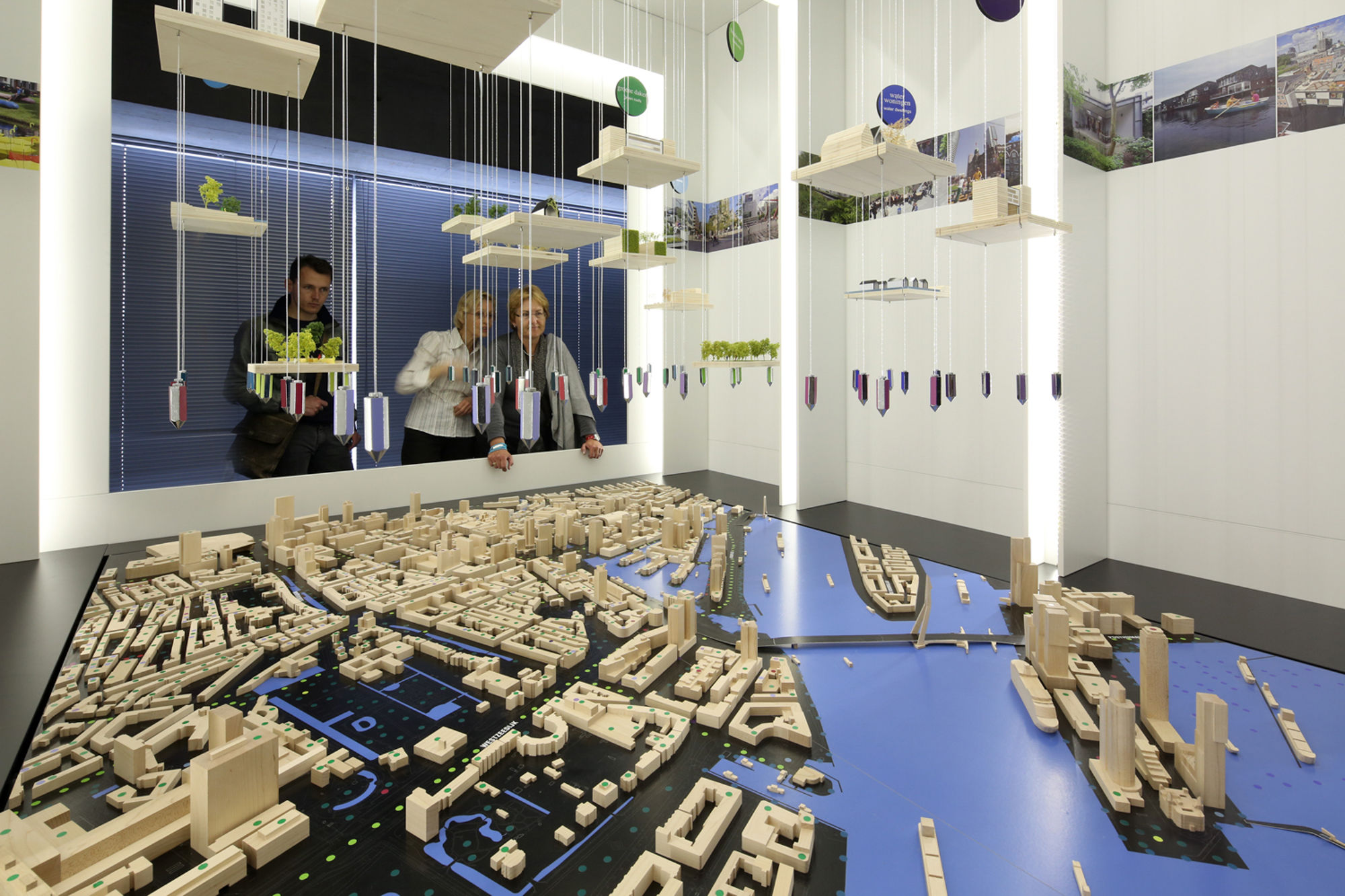
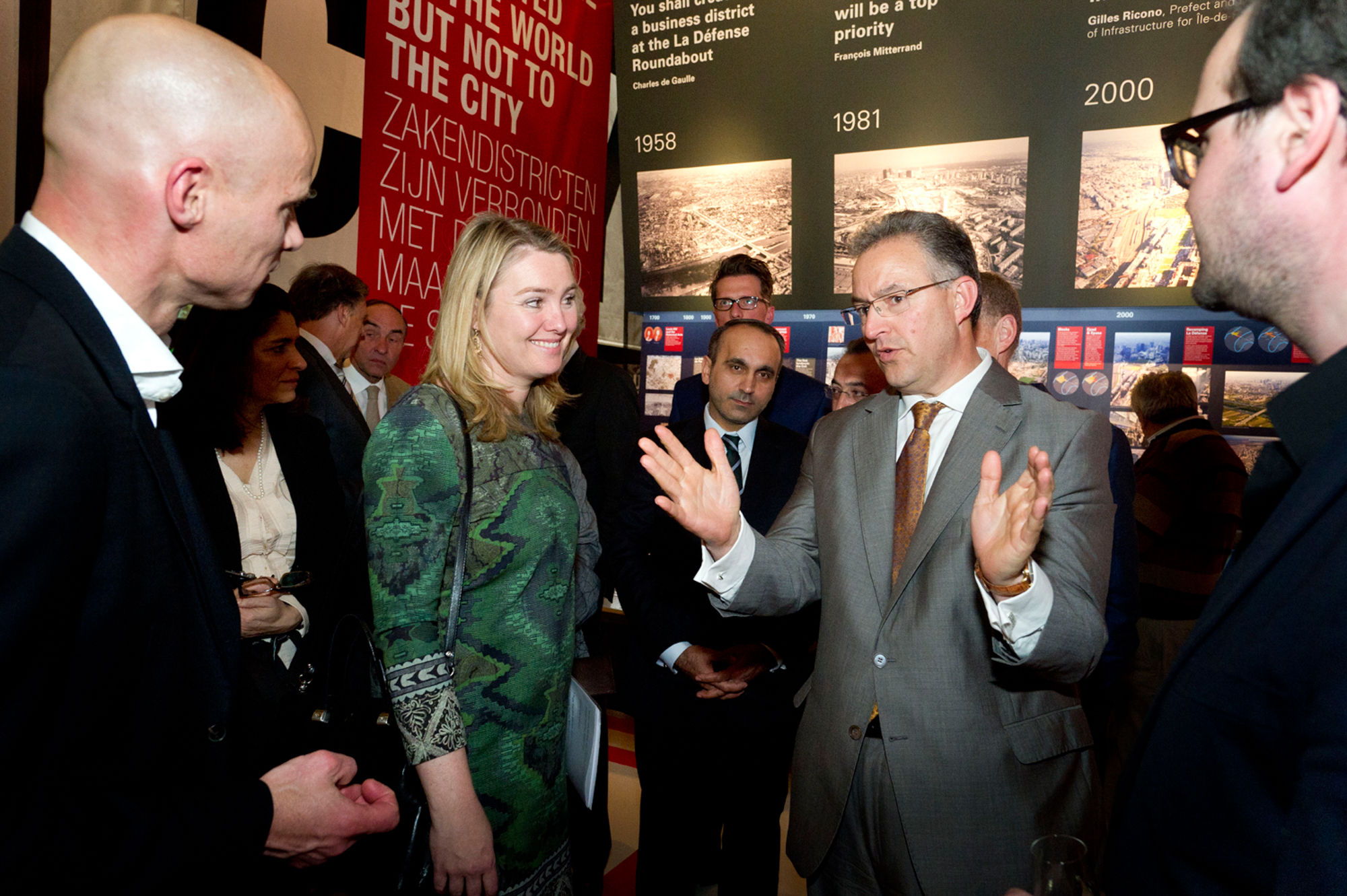
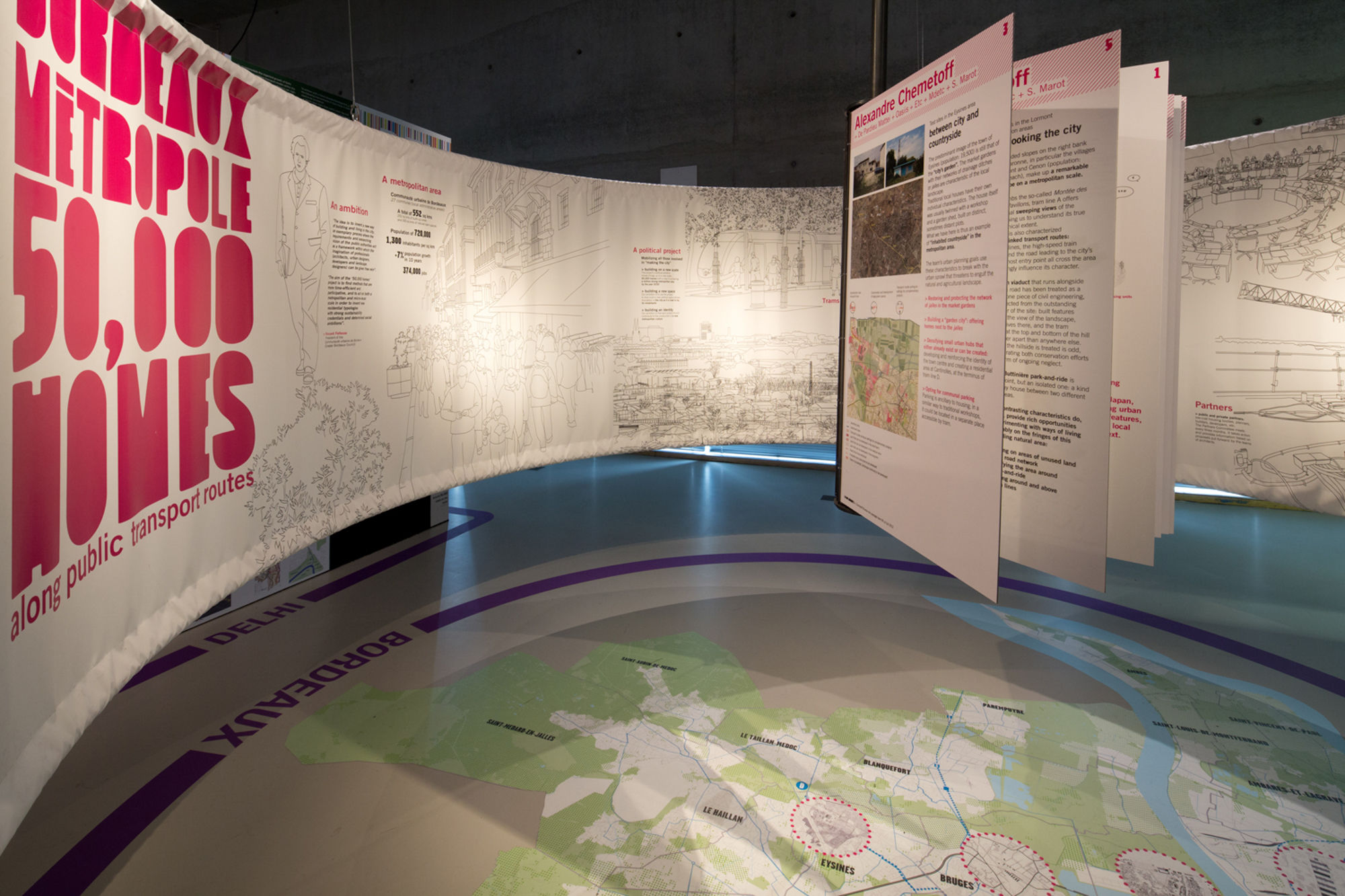
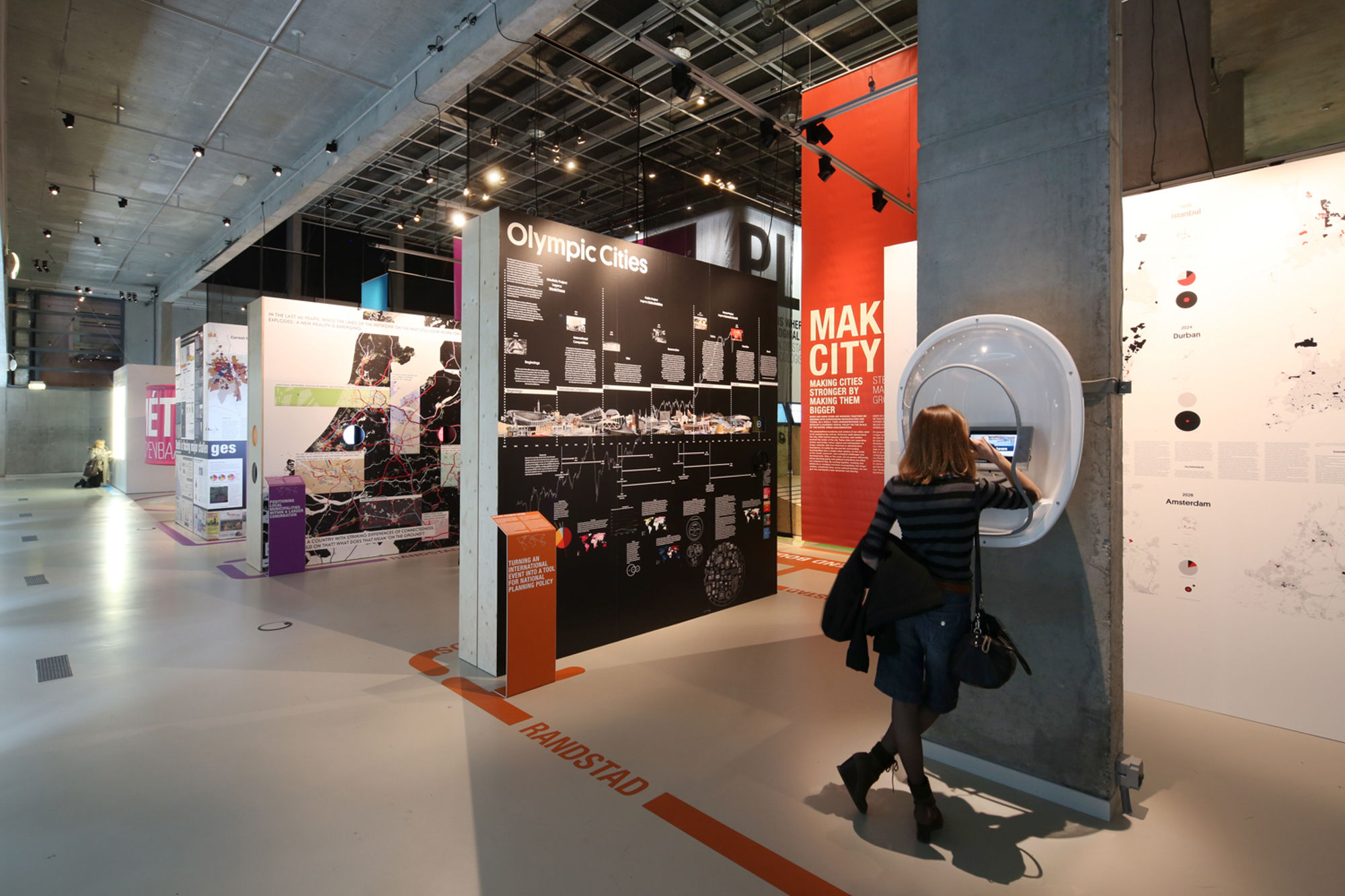
Today, one of the most radical upheavals in human history is under way: the world population is experiencing explosive growth, while an increasing number of people are moving to the city. In 2050, 80% of people will live in cities and metropolises. In these cities people will generate 90% of global prosperity, on just 4% of the total surface of the earth. This transition has drastic consequences for the way in which we have to shape this new, urban world.
Our human civilisation has always developed in and around cities. But, all social issues also converge where lots of people coexist. The effects of the economic crisis, of ecological neglect and large-scale migration are tangible to everyone in the city. However, the city itself is not the problem. It serves as the arena in which we can start to tackle these challenges, because cities also offer opportunities. Opportunities for a better life, for work and training, for social contacts, creativity and cultural exchange. We can only work on a better future in a targeted manner by making a better city.
But how do we do that, make a city? And who will do it? Formulating answers to the major challenges we face today using existing decision-making structures, procedures and urban development practices is proving extremely difficult. Making City is a plea for a different approach. The 5th IABR brought projects and people together from all over the world. They formulate bold responses to the urban challenges and discover new ways to collaborate. They demonstrate that everyone can take the initiative and assume responsibility to make a difference: residents, developers, politicians, administrators and designers. They approach the social challenges in new democratic alliances and work on decisive solutions for their city.
In close cooperation with local authorities and partners, the 5th IABR initiated and coordinated three innovative projects at Test Sites in Rotterdam, Istanbul and São Paulo. The Test Sites are all exemplary with regard to major trends and challenges that require a new vision for the planning system. In parallel the 5th IABR launched a call for Counter Sites. The Counter Sites could be planning processes, projects or urban development studies that cast new light on the relationship between (urban) policy, planning and design. Thus the biennale facilitates broad knowledge exchange between politicians, planning departments, researchers, designers and other parties.
